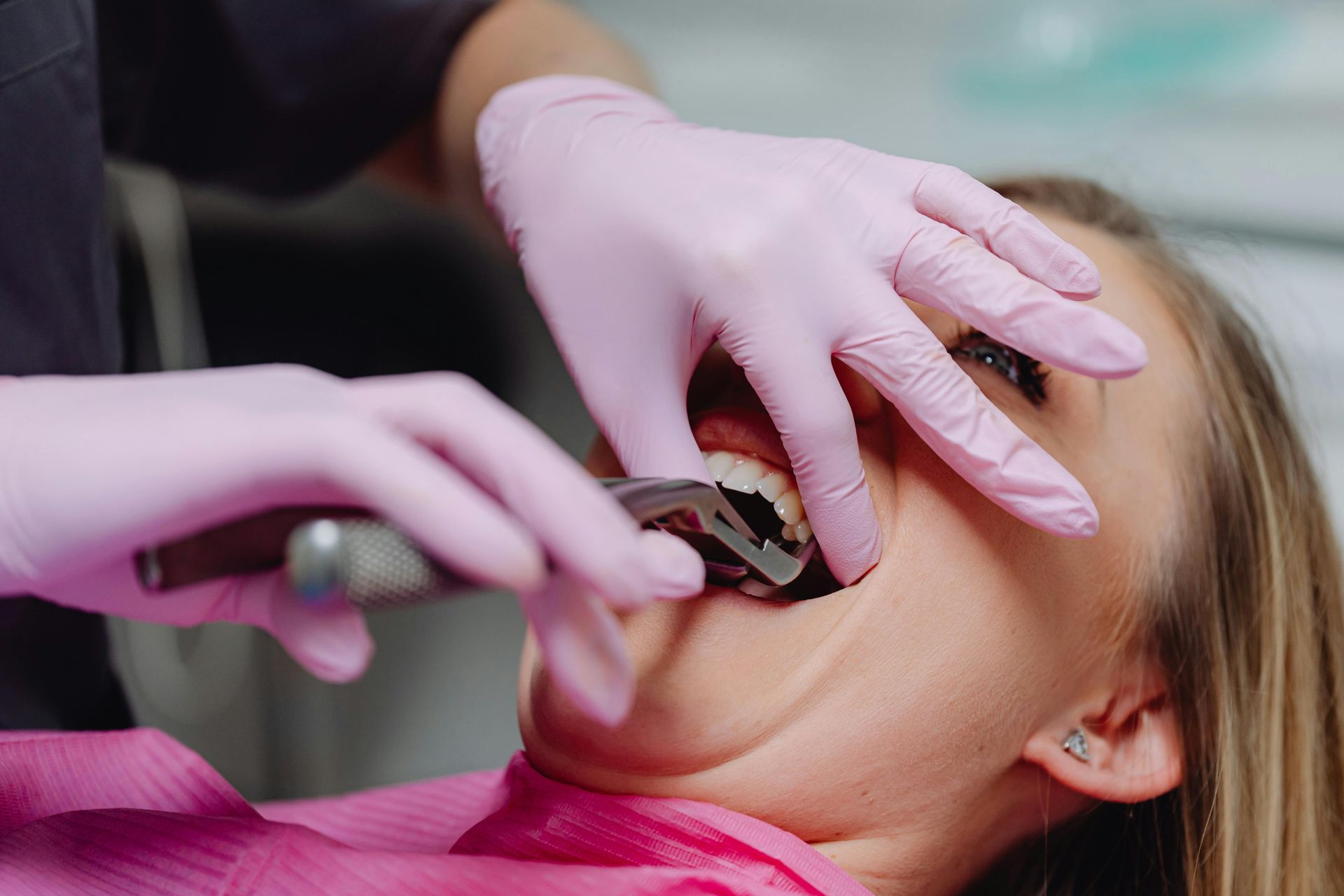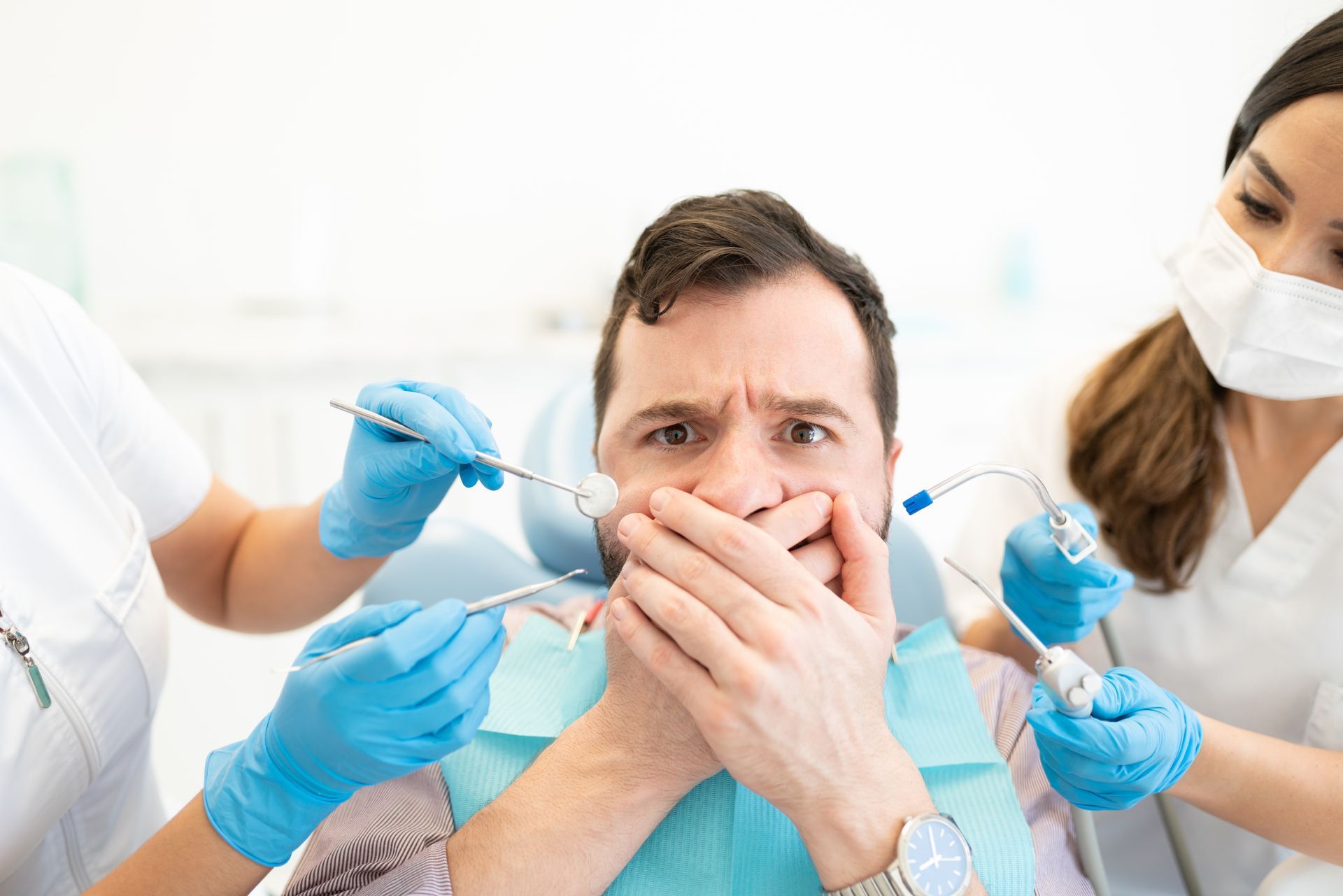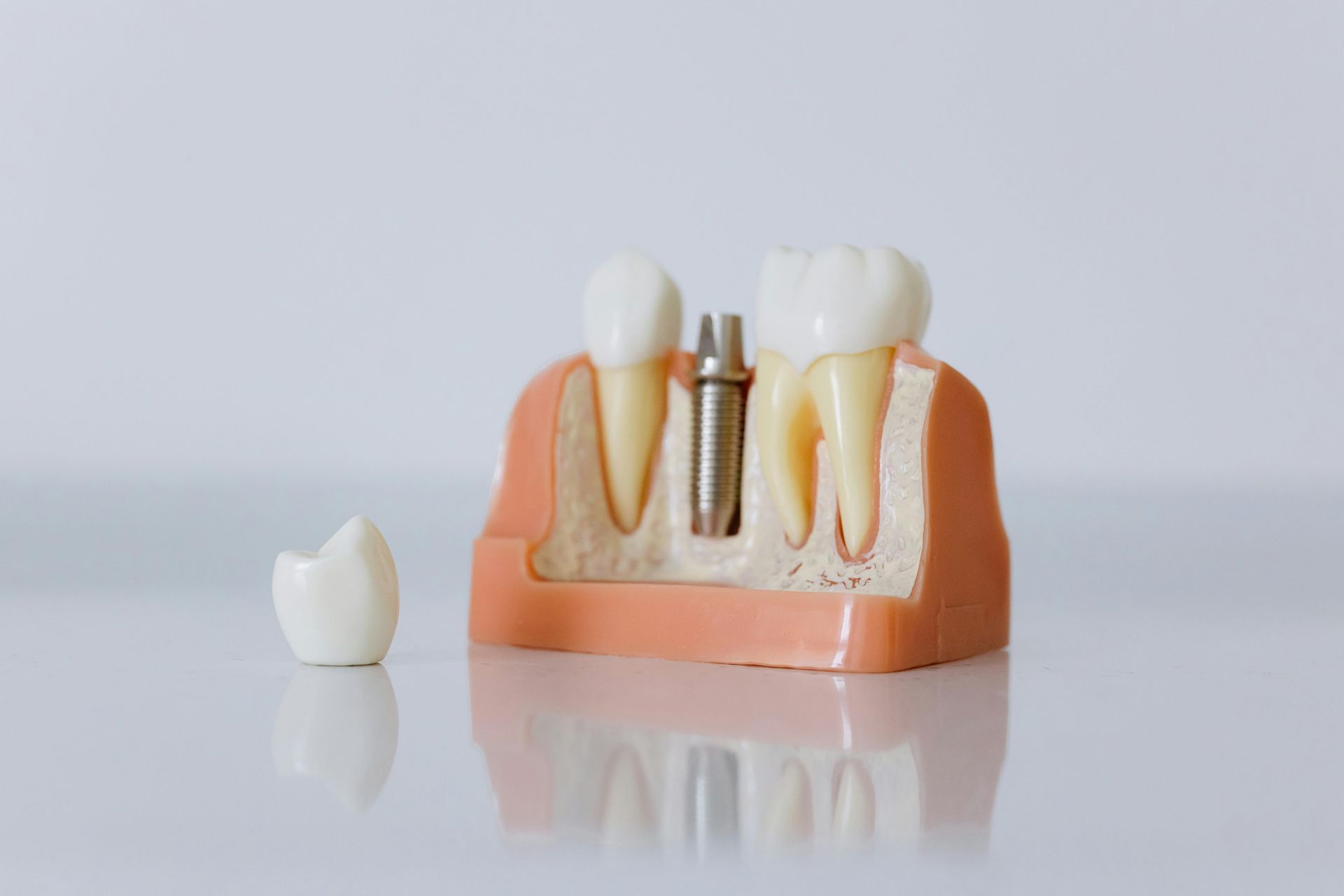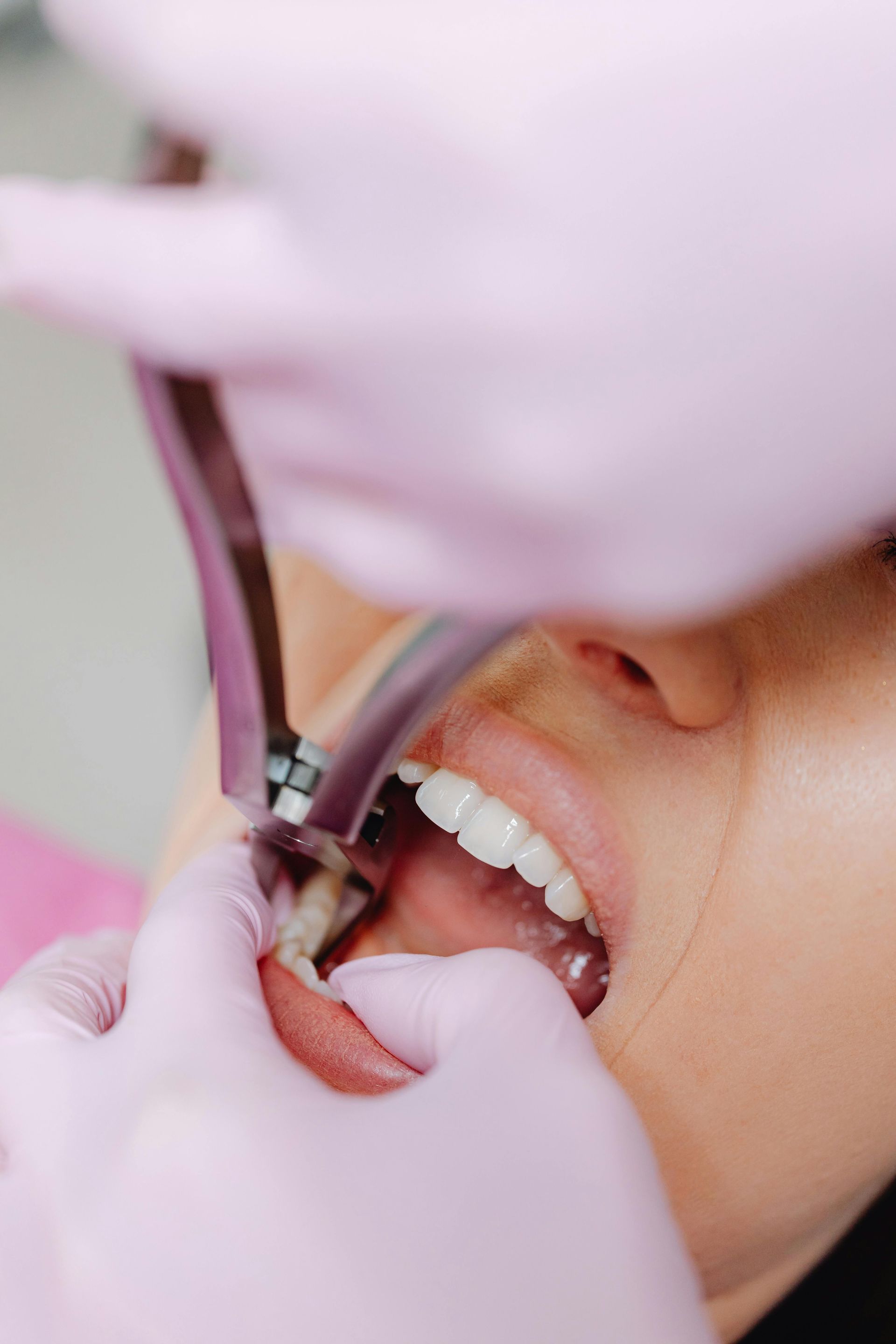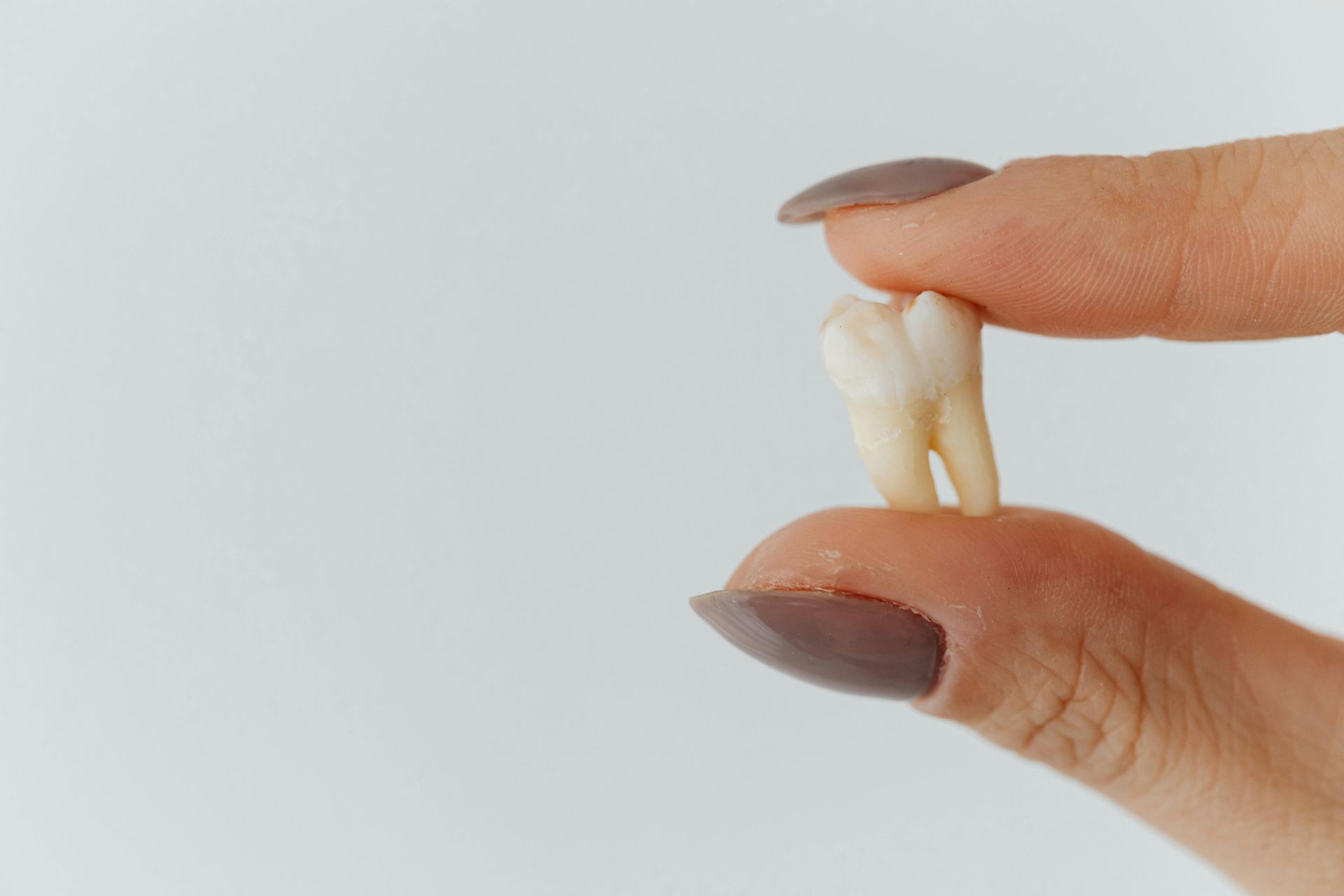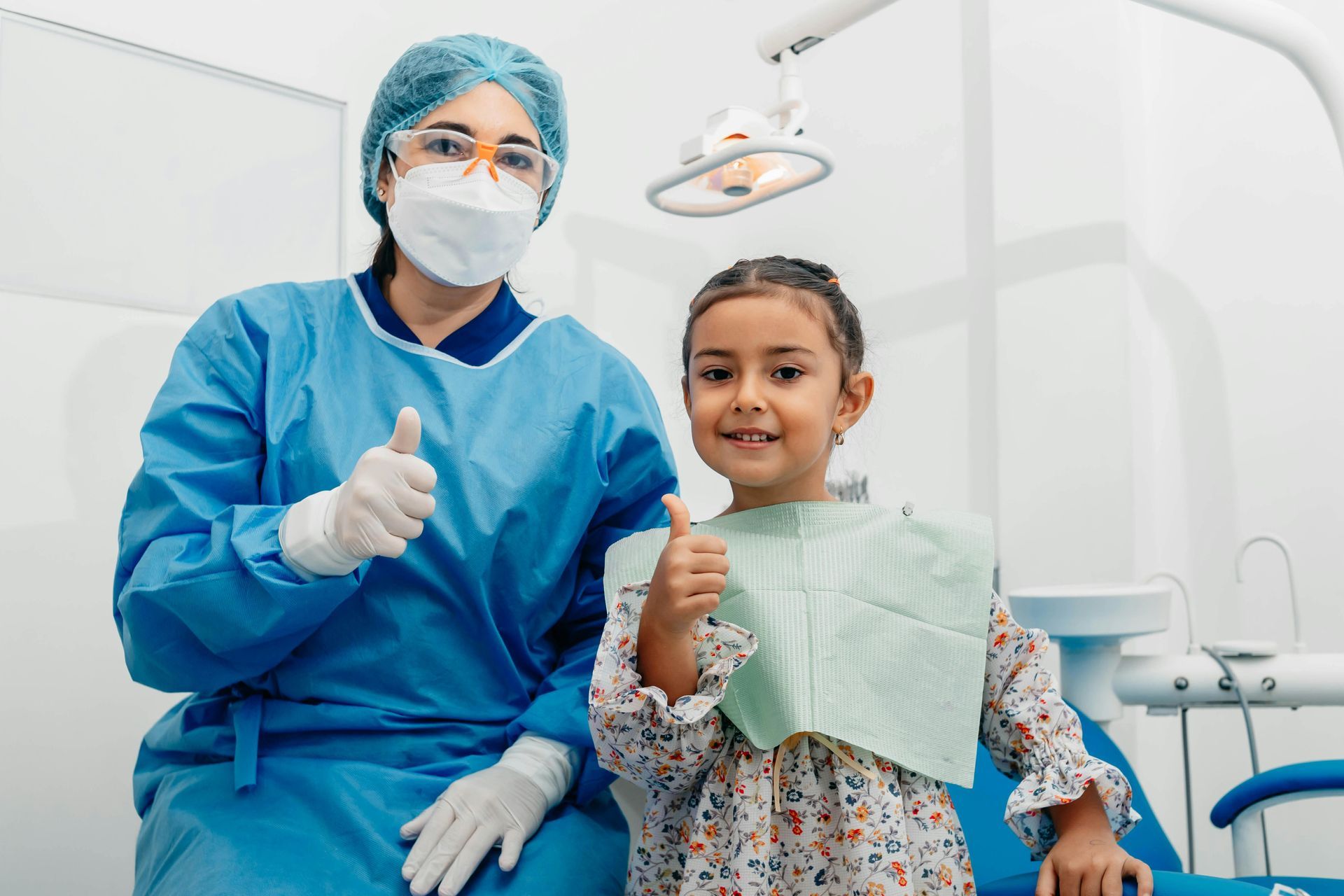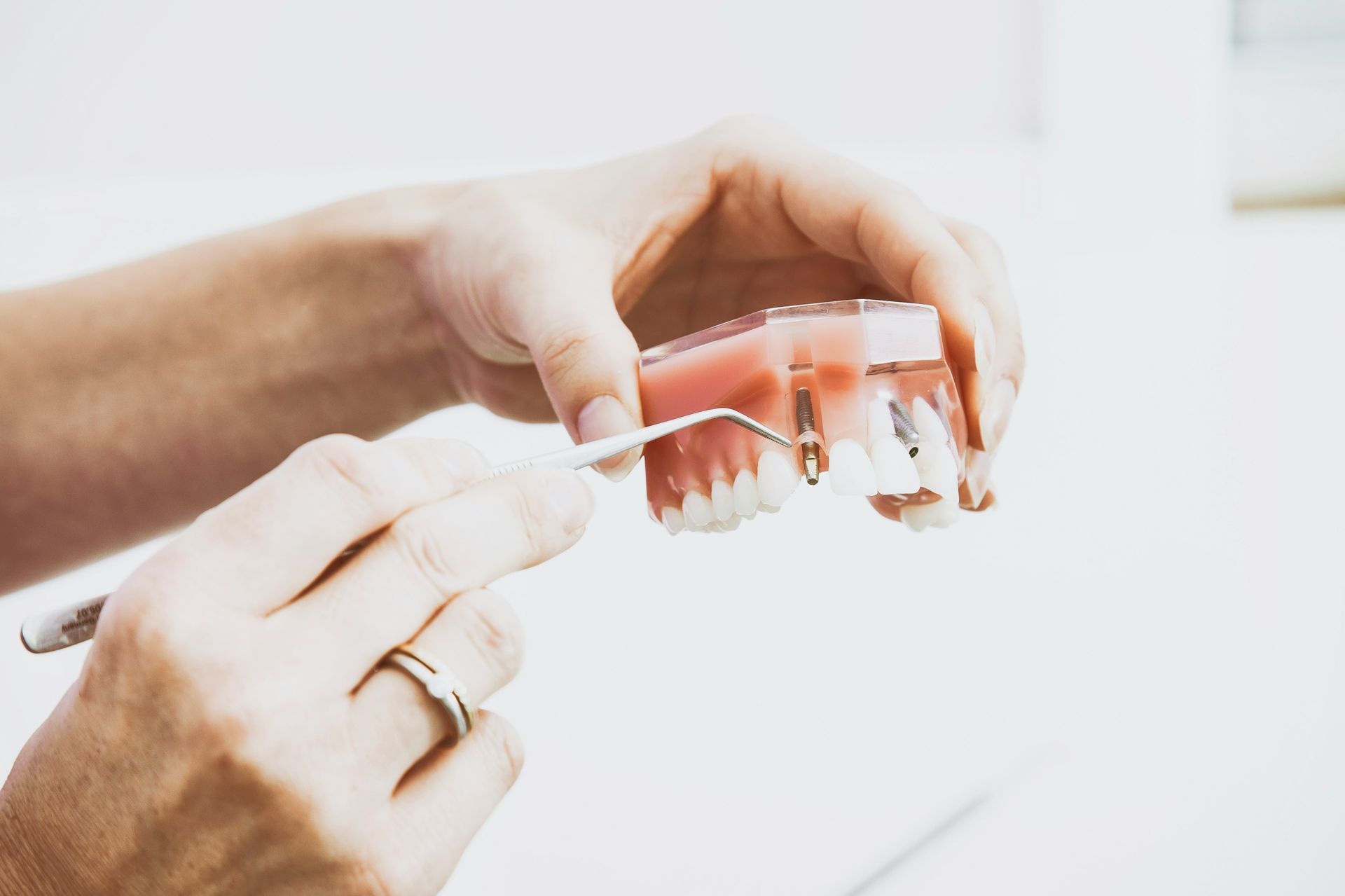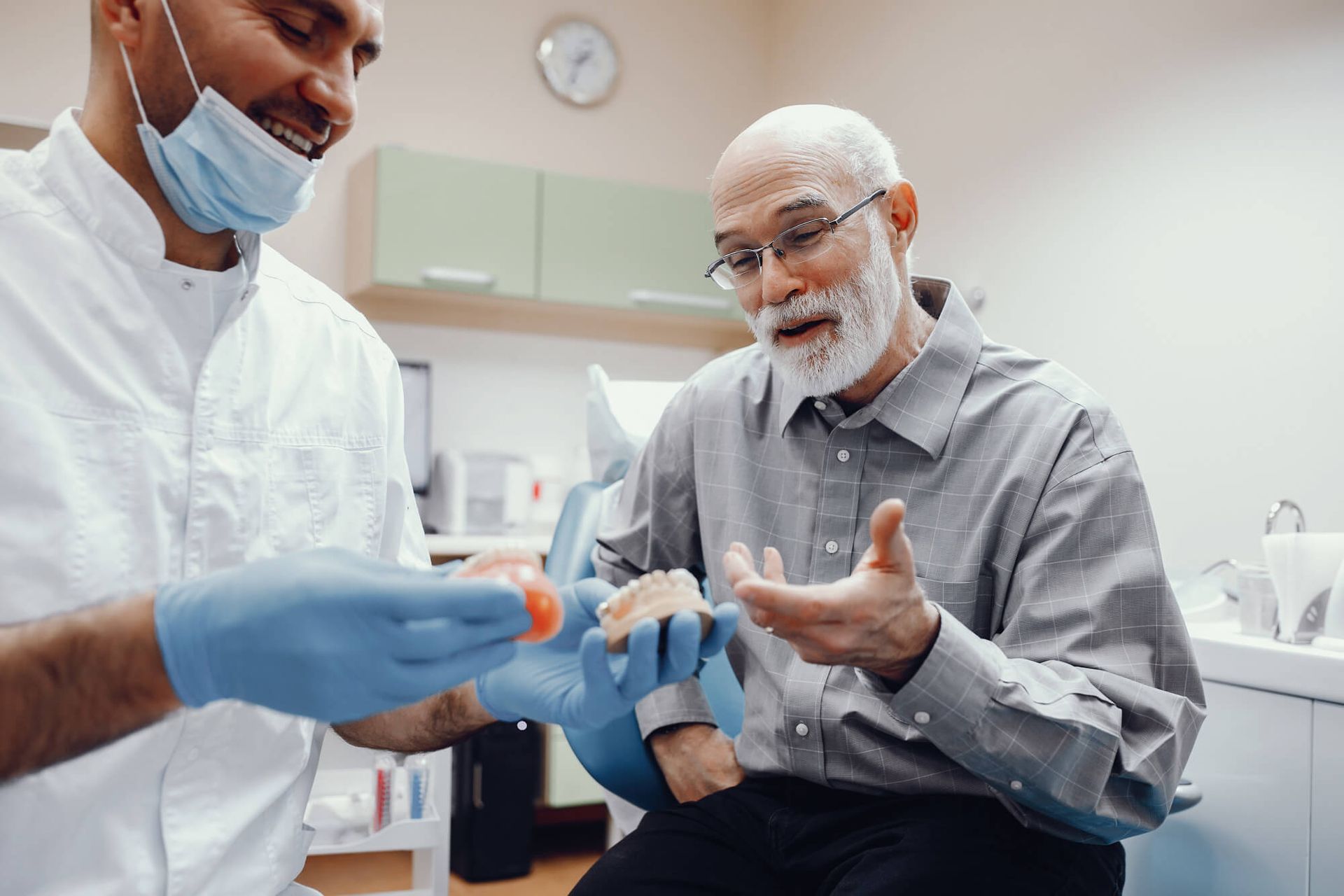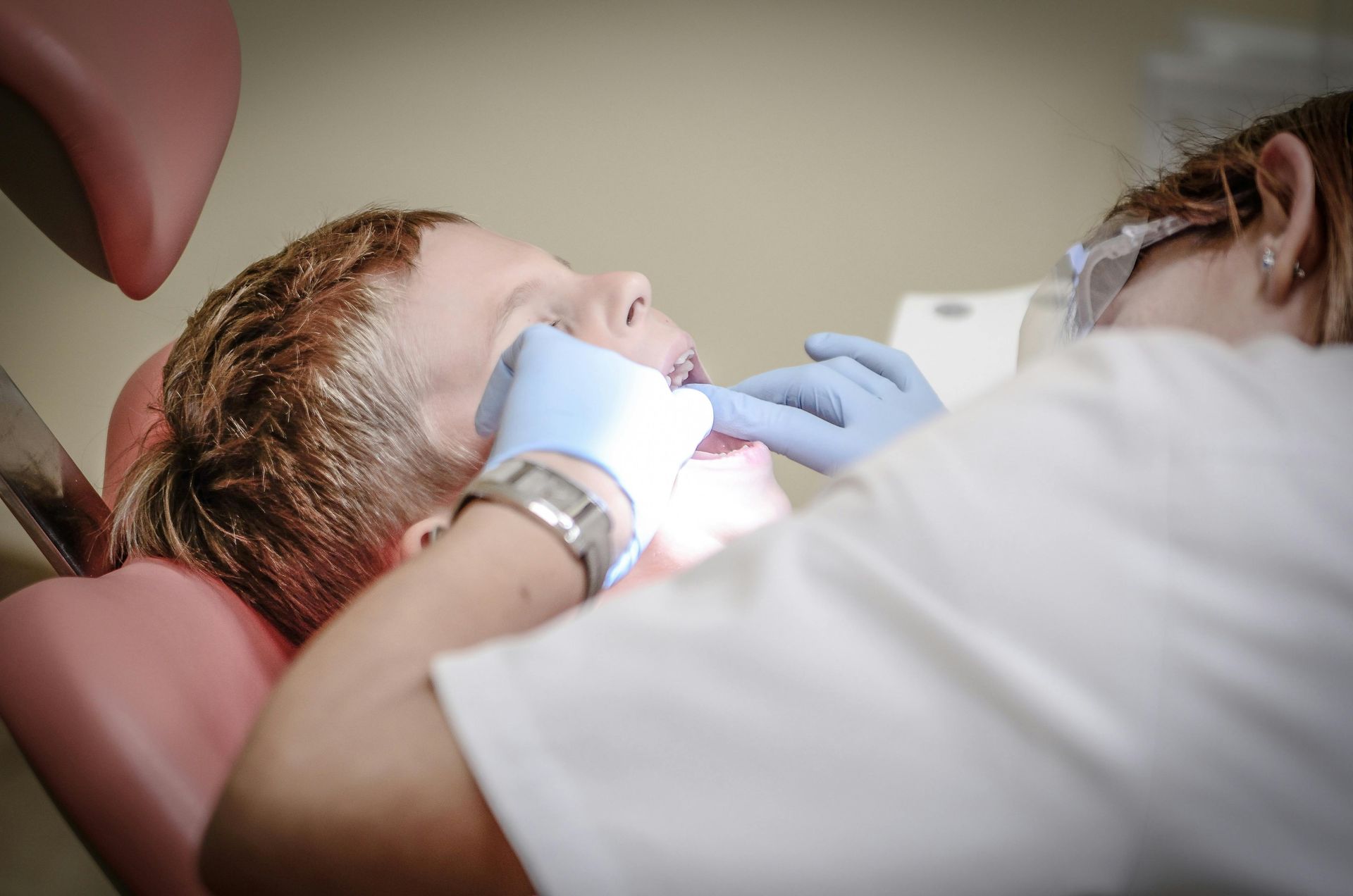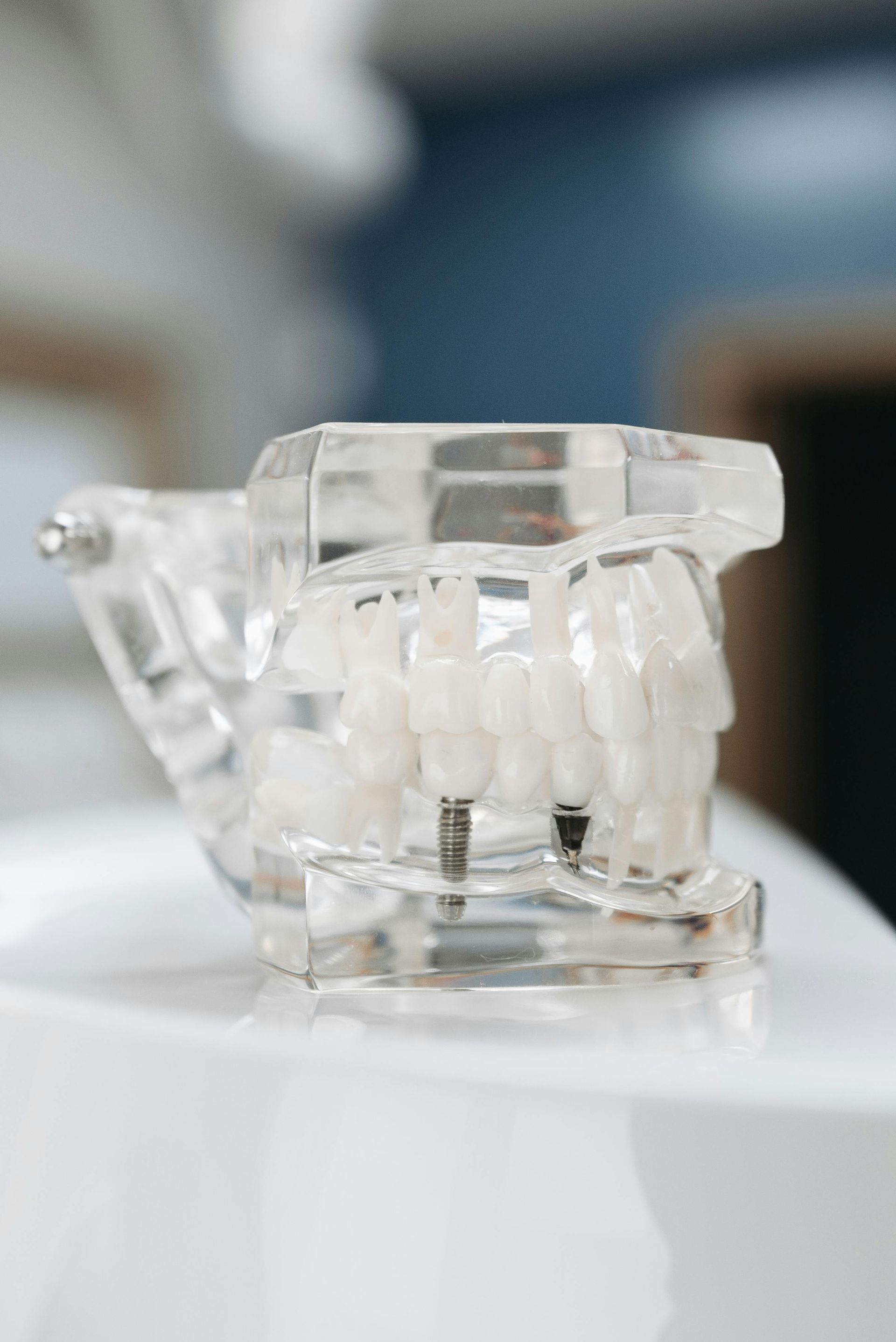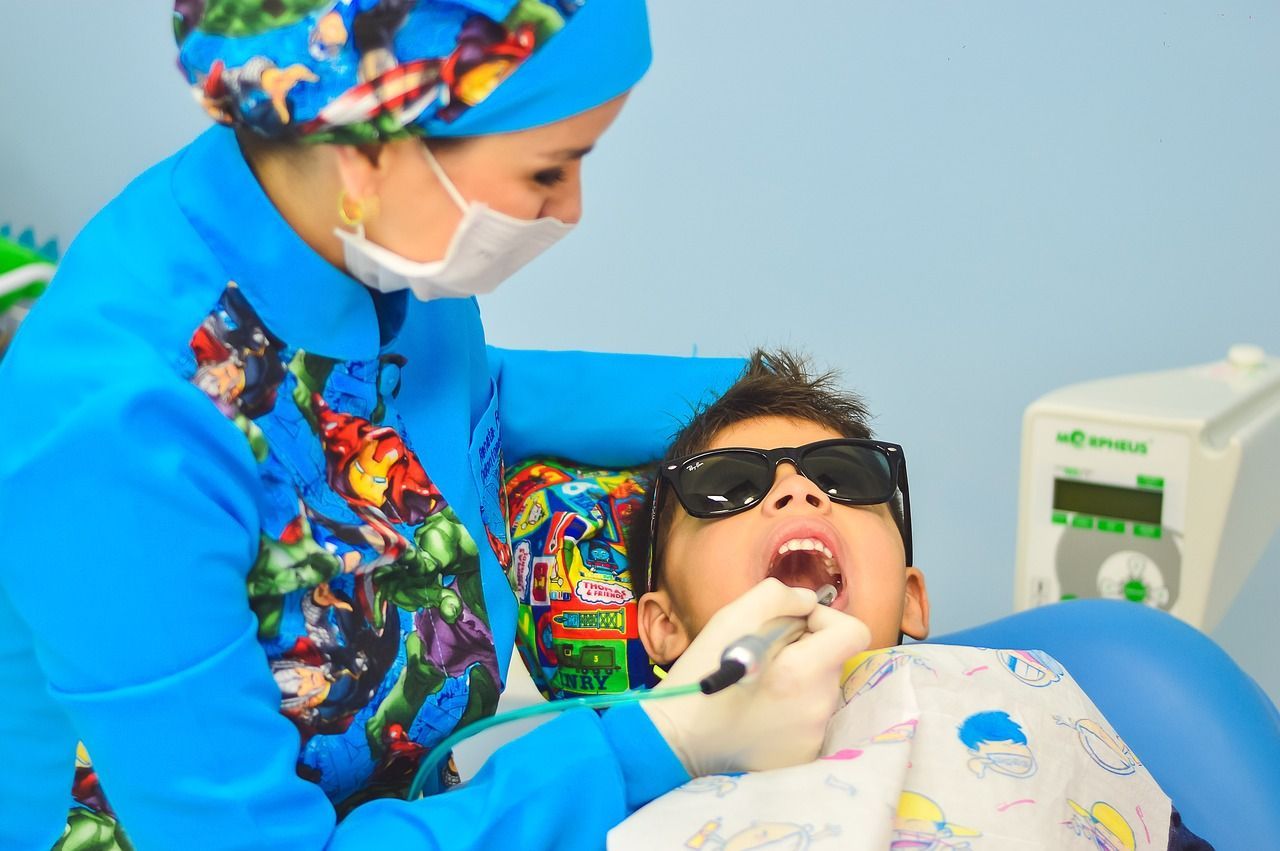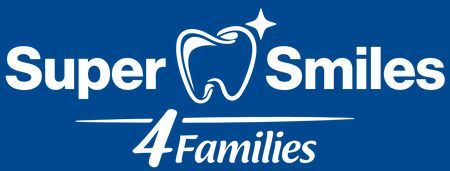Tooth Extraction 101: What Casa Grande Patients Should Expect
Removing a tooth, a routine dental practice, can be required for numerous issues, including extensive tooth rot or when teeth are too close together. If your Casa Grande dentist has recommended a tooth extraction, you might be wondering what to expect before, during, and after the procedure. At Super Smiles 4 Families, we aim to make every dental experience as smooth and stress-free as possible. In this guide, we’ll walk you through everything you need to know about tooth extractions so you can feel prepared and confident about your dental health.
When Is a Tooth Extraction Necessary?
Tooth extractions are often a last resort when a tooth cannot be saved through other means such as fillings, crowns, or root canals. Here are some common reasons why a Casa Grande dentist may recommend this procedure:
- Severe Tooth Decay: When a tooth is too damaged for restoration, extraction prevents the spread of infection.
- Impacted Wisdom Teeth: Many patients require wisdom tooth removal to prevent pain, misalignment, and infection.
- Gum Disease: Advanced gum disease can weaken the support around a tooth, making extraction necessary.
- Overcrowding: Sometimes, teeth need to be removed to create space for orthodontic treatment.
- Tooth Trauma: Accidents or injuries that cause severe damage may require surgical tooth removal.
If your dentist suggests extraction, they will evaluate your specific case and discuss alternative treatments if applicable.
The Tooth Extraction Procedure: Step-by-Step
Understanding the extraction process can help alleviate anxiety and ensure you are fully prepared. Here’s what to expect:
- Consultation & X-Rays: Your Casa Grande dentist will take X-rays to evaluate the tooth and surrounding structures. This helps determine whether a simple or surgical tooth removal is required.
- Anesthesia: To ensure a painless experience, the dentist will administer a numbing agent to the targeted area prior to the tooth removal. For more complex cases, sedation options may be available.
- Extraction Process:
- Simple Extraction: Performed on visible teeth using forceps.
- Surgical Extraction: Required for impacted or broken teeth. In some cases, the tooth removal process might involve a minor cut to access the tooth.
- Closing the Site: In surgical extractions, stitches may be used to close the area.
- Post-Procedure Care: To facilitate optimal recovery, your dental professional will give you specific guidelines for post-procedure care.
Post-Extraction Care & Healing Process
The initial period following tooth removal significantly impacts healing. Adhering to the provided post-operative advice is vital for a successful recovery.
- Control Bleeding: Bite down on gauze for 30-45 minutes to help form a clot.
- Manage Pain & Swelling: To manage discomfort, take recommended pain medication, and alternate applying a cold compress for 15-minute periods.
- Dietary Adjustments: Stick to soft foods such as yogurt, soup, and mashed potatoes for the first few days.
- Avoid Straws & Smoking: These activities can dislodge the clot and lead to a painful condition called dry socket.
- Maintain Oral Hygiene: Brush and floss gently, avoiding the extraction site for the first 24 hours.
Healing time varies depending on the complexity of the extraction, but most patients recover within a week. However, the bone and soft tissue will continue to heal for several weeks, so it’s important to follow your dentist’s instructions for optimal recovery.
Potential Complications and How to Avoid Them
Although tooth removals typically result in smooth healing, occasional problems may arise. Here’s what to watch for:
- Dry Socket: This happens when the blood clot at the extraction site is lost prematurely, exposing the bone and nerves. Symptoms include severe pain and an unpleasant taste in the mouth. Refrain from smoking and using straws to reduce the likelihood of this complication.
- Infection: Symptoms like persistent pain, swelling, or fever may indicate an infection. If you notice these signs, contact your Casa Grande dentist immediately.
- Excessive Bleeding: Some bleeding is normal, but if it continues beyond 24 hours, seek dental advice.
- Nerve Damage: Rare but possible, nerve damage can lead to numbness in the lips, tongue, or chin. This is more common with lower wisdom tooth extractions.
Adhering to your aftercare instructions minimizes the likelihood of problems and encourages effective healing of your gums.
Tips for a Speedy Recovery After Tooth Extraction
A quick recovery depends on how well you care for your mouth post-procedure. Here are some additional tips to promote healing:
- Stay Hydrated: Drink plenty of water, but avoid carbonated or alcoholic beverages for the first few days.
- Use a Saltwater Rinse: Beginning a day after the procedure, carefully rinse your mouth with a warm saline solution to maintain cleanliness in the affected area.
- Avoid Chewing on the Extraction Side: This prevents irritation and helps maintain a clean site.
- Sleep with Your Head Elevated: Keeping your head slightly raised can help reduce swelling and discomfort.
- Eat Nutritious Foods: Protein-rich foods like eggs and soft vegetables can aid tissue regeneration and healing.
By following these guidelines, you can minimize discomfort and speed up your recovery time.
When to Visit Your Dentist After an Extraction
Post-extraction checkups are vital for monitoring your recovery. If you encounter any of the following, reach out to your dental provider:
- Severe or worsening pain after three days
- Excessive swelling or discharge from the extraction site
- Difficulty swallowing or breathing
- Persistent bleeding that does not stop with pressure
- A bad taste in your mouth despite proper oral hygiene
Most patients recover well, but professional guidance is always beneficial if any concerns arise.
Ready for a Healthy Smile? Contact Super Smiles 4 Families for Tooth Extraction Today!
At
Super Smiles 4 Families, we are dedicated to providing expert dental care for patients in Casa Grande, AZ. Regardless of whether you require a straightforward
tooth removal or a more intricate surgical extraction, our skilled professionals are ready to assist you. We also offer
pediatric dentistry and
dental implants. Call us today at
(520) 436-0843 to schedule a consultation and take the next step toward a healthier smile!

